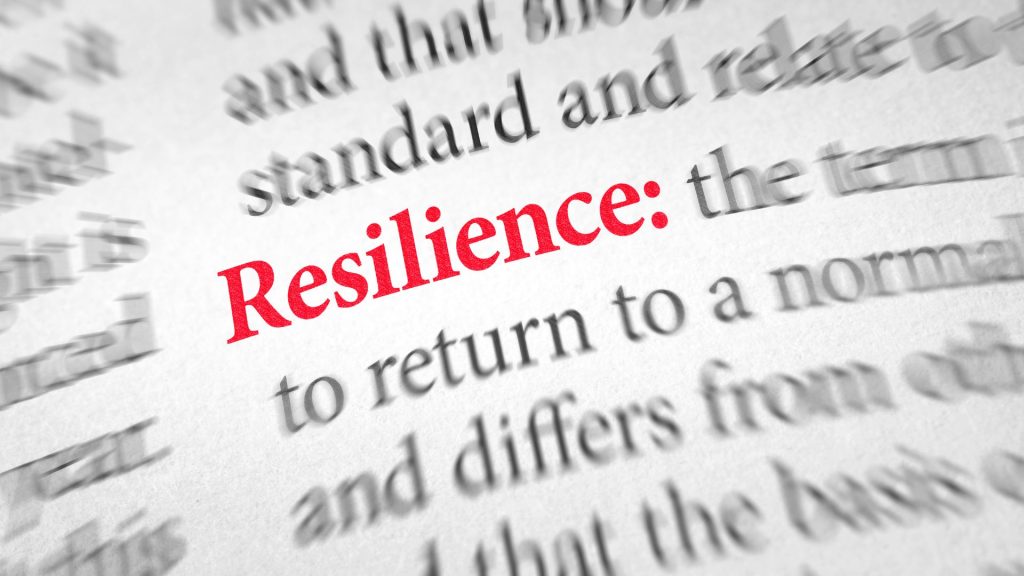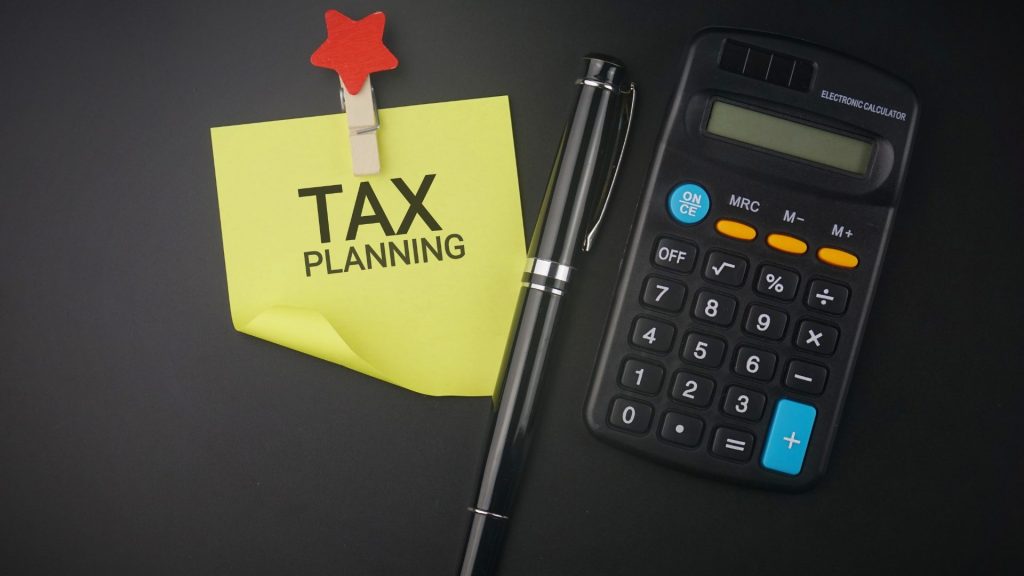In today’s fast-paced world, managing personal finances can often seem overwhelming. With expenses on the rise and financial stability becoming a pivotal goal for many, the importance of personal budgeting cannot be overstated. Personal budgeting is more than just a frugal exercise; it’s a fundamental tool for achieving financial peace of mind. Many individuals, however, struggle with where to begin or how to maintain effective budgeting practices. This comprehensive guide aims to demystify personal budgeting, offering practical methods and tips for managing your finances, setting realistic budgets, tracking your expenses, and providing saving strategies that cater to a range of financial scenarios.
Understanding Personal Budgeting
Personal budgeting is essentially a plan for your finances. It involves understanding your income, tracking your expenses, and setting spending limits to ensure you live within your means. The significance of budgeting lies in its ability to provide a clear picture of where your money is going and help you make informed decisions about your spending.
One of the first steps in effective budgeting is differentiating between your needs and wants. Needs are essential expenses that you cannot avoid, such as rent, groceries, and utility bills. Wants, on the other hand, are non-essential expenses, like dining out, entertainment, and luxury items. By identifying these differences, you can prioritize your spending and make more room for savings.
Setting Realistic Budgets
Creating a realistic budget starts with a thorough assessment of your income and regular expenses. Document all sources of income, including your salary, any freelance work, and passive income streams. Then, list all your fixed and variable expenses. Fixed expenses are those that remain constant each month, such as rent or mortgage payments, while variable expenses like groceries and entertainment can fluctuate.
After understanding your income and expenses, set achievable budget goals. It’s crucial to be realistic and consider unforeseen expenses. A common method used is the 50/30/20 rule, where 50% of your income goes towards needs, 30% towards wants, and 20% towards savings and debt repayment. Remember, a good budget is not set in stone; it’s flexible and should change as your financial situation evolves.
Tools and Techniques for Tracking Expenses
Tracking your expenses is critical in maintaining your budget. Numerous tools can assist in this process, from mobile apps like Mint and YNAB (You Need A Budget) to traditional spreadsheets. These tools categorize your expenses, making it easier to identify areas where you might be overspending.
Regularly updating and reviewing your expense tracker helps in making necessary adjustments to your budget. For example, if you notice a significant portion of your budget is going towards dining out, you might decide to cook more meals at home. In the digital age, technology has made tracking expenses more straightforward and efficient, offering real-time insights into your financial habits.
Strategies for Reducing Expenses
To effectively reduce expenses, start by analyzing your spending patterns. Identify areas where you can cut back, such as subscription services you rarely use or expensive gym memberships that can be replaced with home workouts.
Being mindful of daily expenses can also lead to significant savings over time. Simple changes like using public transportation, opting for generic brands, or implementing energy-saving practices at home can have a considerable impact on your budget. Additionally, lifestyle choices play a pivotal role in personal budgeting. Living below your means and avoiding lifestyle inflation – where increased income leads to increased spending – can lead to long-term financial stability.
Saving Tips for the Future
An essential component of personal budgeting is saving for the future. Start by establishing an emergency fund, ideally with enough money to cover three to six months of living expenses. This fund can be a financial lifeline in unexpected situations like job loss or medical emergencies.
Implementing consistent saving habits is key. Automating a portion of your paycheck into a savings account ensures you save regularly. Understanding the power of compound interest and looking into saving incentives like high-interest savings accounts or investment options can also enhance your saving strategy.
Dealing with Debt and Loans
Debt management is a critical aspect of personal budgeting. Prioritize paying off high-interest debts, such as credit card balances, to avoid excessive interest payments. Consider strategies like debt consolidation or speaking with a financial advisor for more complex debt situations. Avoiding debt traps, such as payday loans with exorbitant interest rates, is crucial for maintaining a healthy financial state.
Adapting to Life Changes
Life is unpredictable, and your budget should adapt to changes such as marriage, having children, or a career shift. Periodically review and adjust your budget to align with your current financial situation and goals.
Effective personal budgeting is a journey, not a destination. By understanding and implementing the strategies outlined in this guide, you can gain control over your finances, reduce financial stress, and work towards long-term financial security. The key is to start now and remain consistent in your efforts. Remember, every step towards effective budgeting is a step towards financial freedom and stability.





